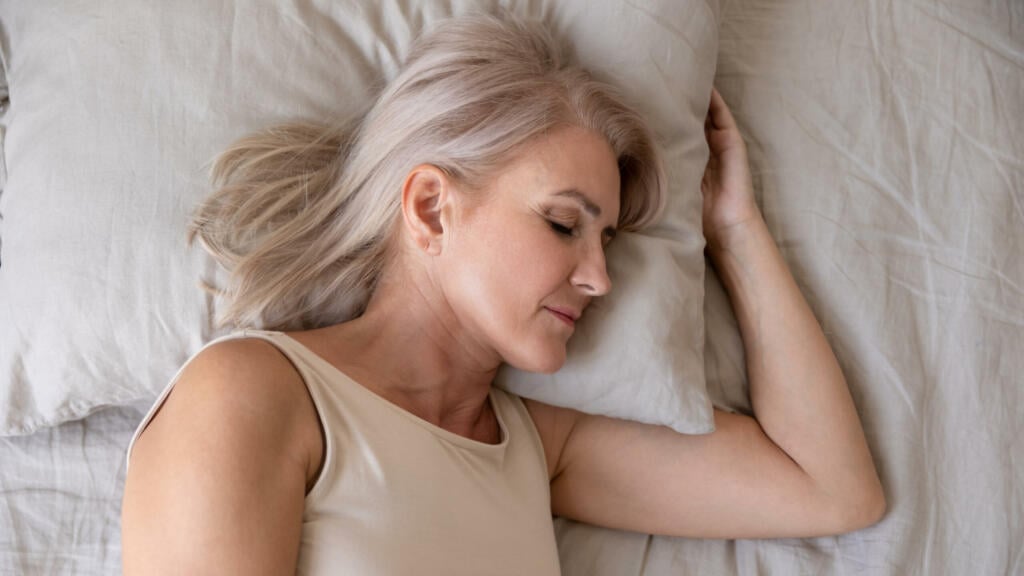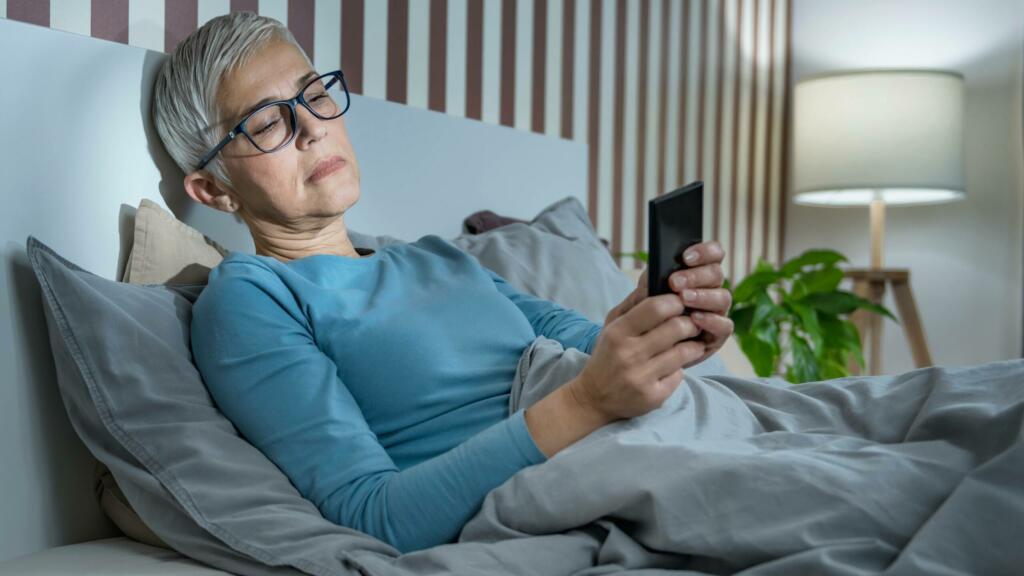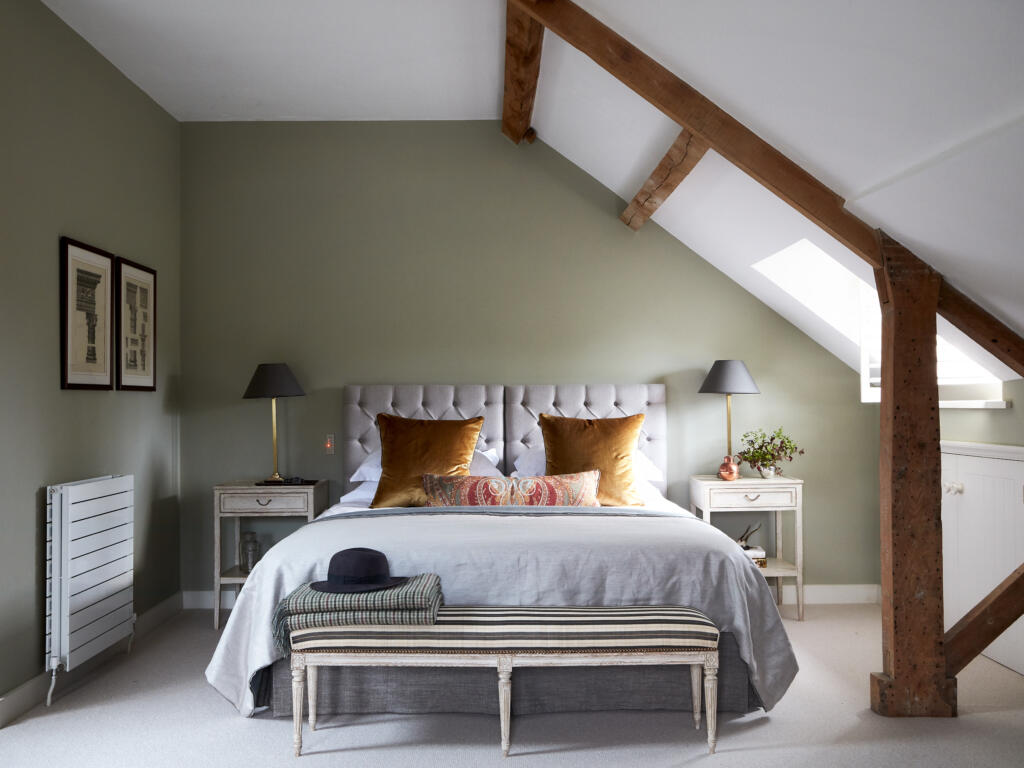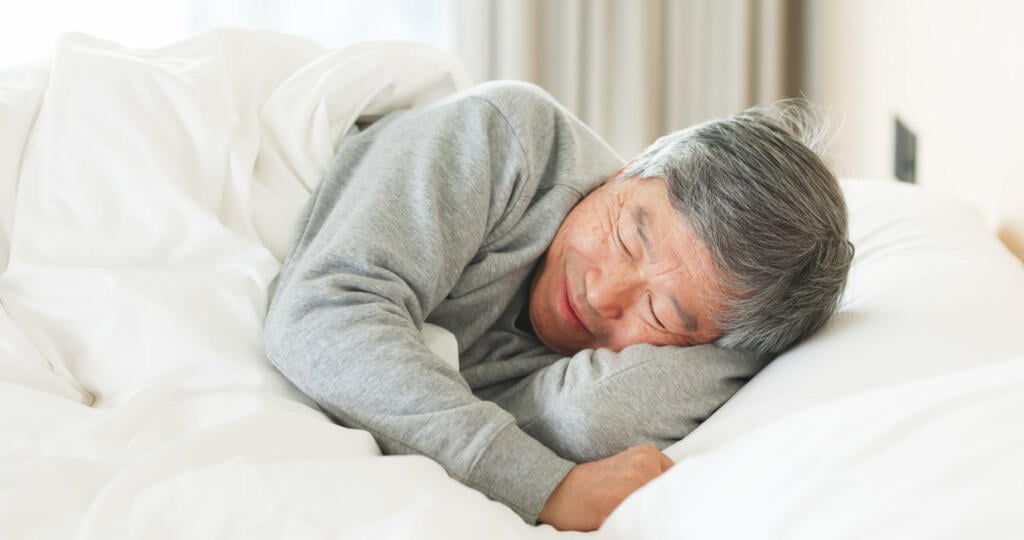
10 sleep truths from the experts
Rebecca Frew
How artificial blue light could be disrupting your sleep and what to do about it.
The colour blue is on the spectrum of light that’s detected by the human eye. Most blue light comes from the sun, but in our modern, tech-filled world, we’re exposed to it almost constantly. TV, laptops, mobile phones – basically anything with LED technology – emits a high level of blue light.
Over the years, some media outlets have reported that blue light is damaging our eyes. However, there is currently no scientific evidence that this is true.
However, when it comes to blue light and sleep, it’s apparent that they’re not bed buddies.
The colour blue is on the spectrum of light that’s detected by the human eye. Most blue light comes from the sun, but in our modern, tech-filled world, we’re exposed to it almost constantly. TV, laptops, mobile phones – basically anything with LED technology – emits a high level of blue light.
Over the years, some media outlets have reported that blue light is damaging our eyes. However, there is currently no scientific evidence that this is true.
However, when it comes to blue light and sleep, it’s apparent that they’re not bed buddies.
 Credit: Shutterstock/Microgen
Credit: Shutterstock/Microgen“During the day, blue light can help our circadian rhythm – the sleep/wake cycle – tell us when it’s time to be awake,” explains psychotherapist and author of Sleep Recovery, Lisa Sanfilippo. “When the natural blue light from the sun fades, a red spectrum of light takes over.
“This shift signals to the brain to start the transformation of serotonin to melatonin, which initiates the neurochemical and biological sleep signals,” she adds.
The switch in these hormones is what gives us that sleepy feeling, but as we age, our melatonin levels decrease – making it harder than when we were younger to drop off. If you then add blue light into the mix, which supresses melatonin, your chance of sleep is diminished further.
You don’t want to reduce blue light exposure during the day, as it’s good for you, says Sanfilippo. “We want to get natural sunlight in the morning and early part of the day for our mood and the regulation of sleep/wake cycles.
However, if you want to give your body the best chance of rest, keep blue light and sleep separate.
Sanfilippo says: “We want to reduce blue light exposure as the day wanes, when we get towards sleep time.”
If you’re using a screen at bedtime, most mobile phones and tablets have a night mode or sepia-tinted screen, that reduces blue light exposure.
However, Sanfilippo says the simplest action you can take is to turn off all devices at least an hour before you want to sleep and dim the lights (which also emit blue light), so your body can effectively produce melatonin.
Blue light blocking glasses can be used during the day or at night, to reduce your exposure when working on computers or watching TV. They’re tinted in a way that lets in more red and green light and less blue light.
Putting on an eye mask when you want to sleep, is an effective way to ensure you’re not disturbed by any sources of light out of your control – such as LED street lighting. Blackout blinds or curtains can also help block blue light from outside, advises Sanfilippo.
If you want to go to sleep fast and think blue light could be affecting your ability to drop off, have a break from your devices for a while before bed. Take the opportunity to wind down with a printed book or crossword to improve your brain health instead.
Artificial blue light has not been studied enough in humans to know the long-term effects, but according to Harvard Health, there’s currently no link between blue light and eye damage.

Written by Rebecca Frew she/her
Published: Updated:
Becky Frew has written various articles for newspapers and magazines focusing on fitness, is a qualified run leader, and a certified sleep talker trainer who loves to help advise people how they can nod off easier. When she is not writing or reading about fitness, she is at hot pod yoga, bounce class, training for an ultra-marathon or booking anything with a medal and free food at the end.

Rebecca Frew

Rebecca Frew

Joy Archer

Rebecca Frew